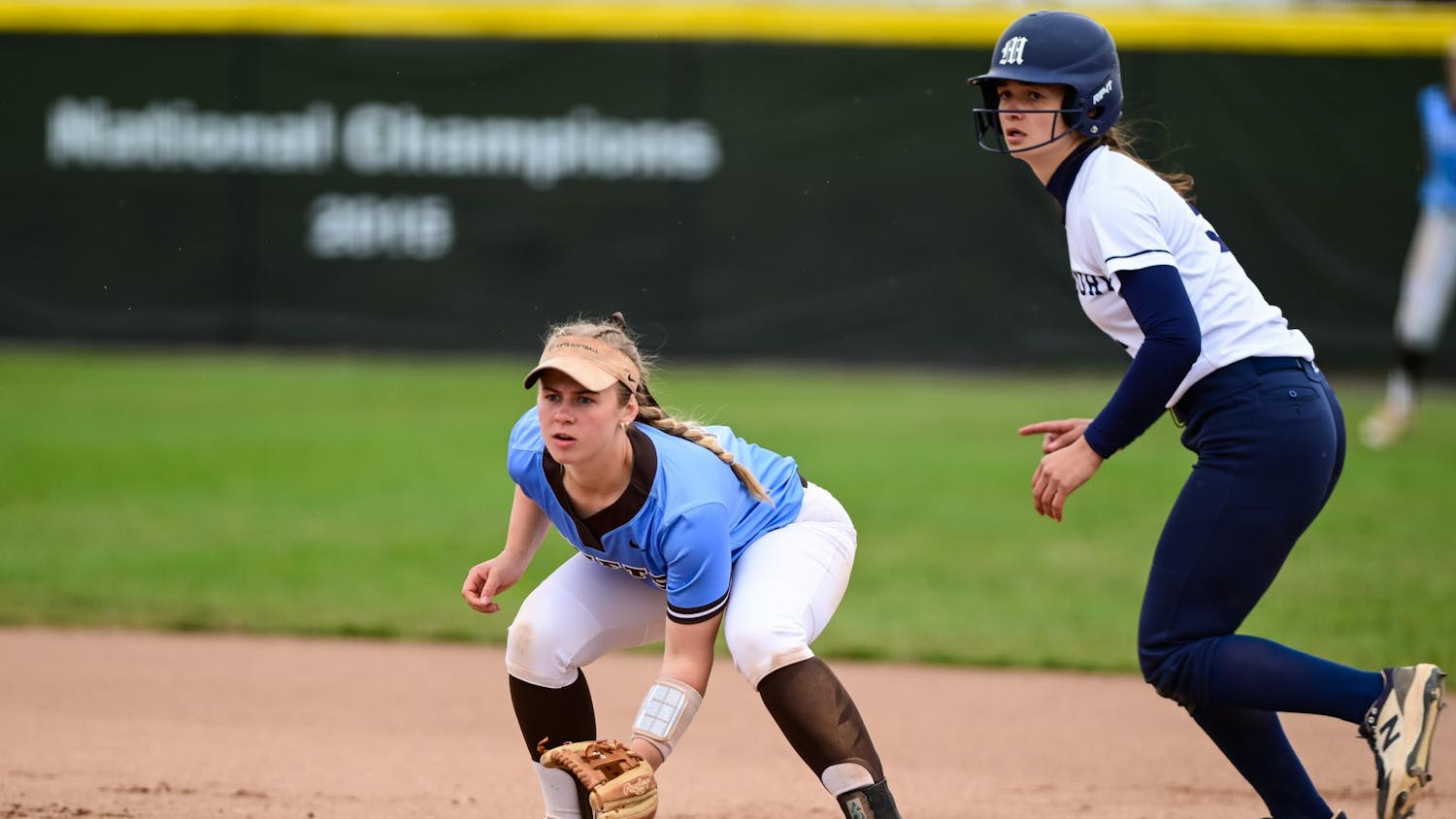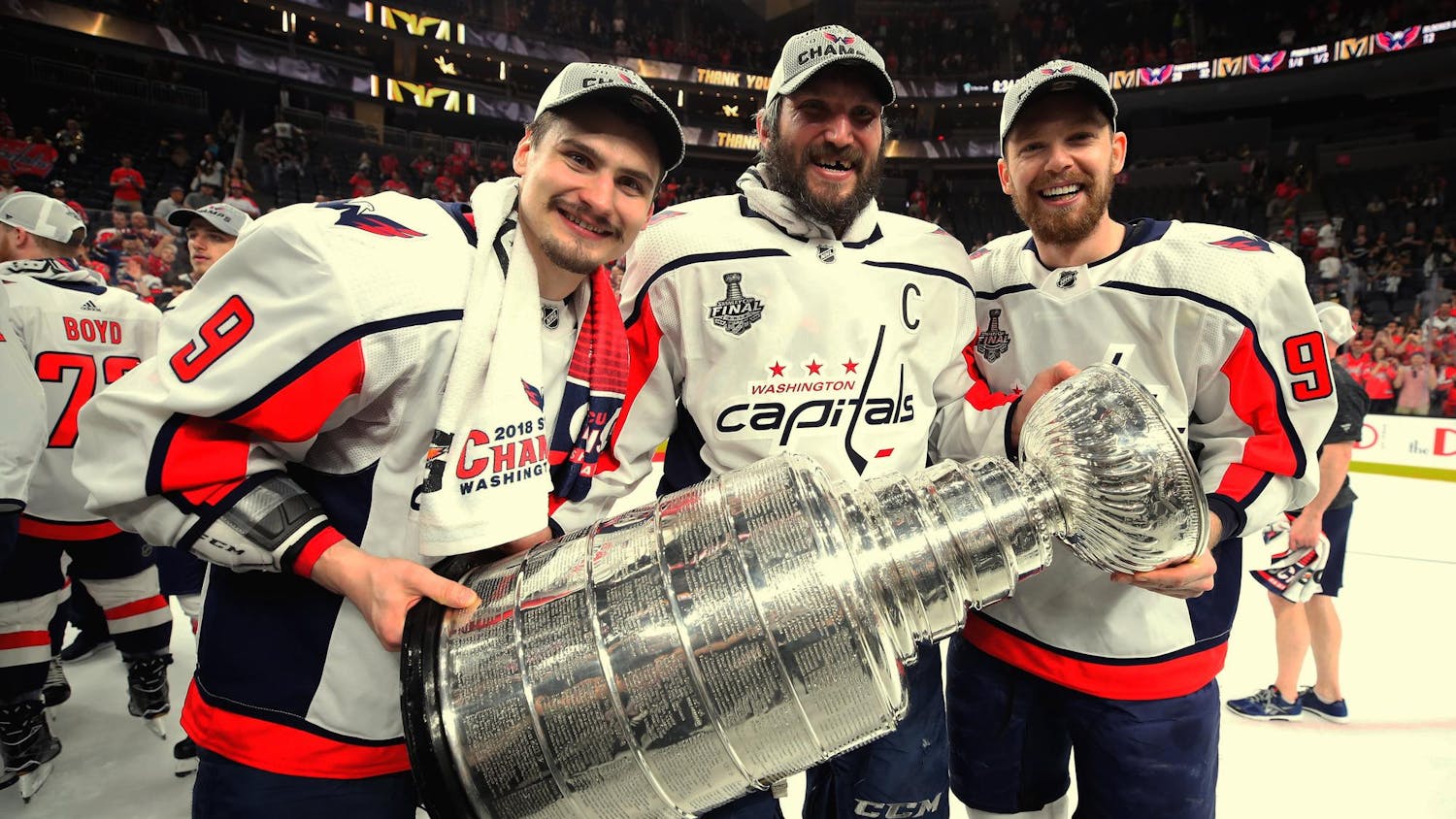I'm not quite sure there is any possible method of counteracting this statement, but Brad Stevens is the best working coach in college basketball today. That much became certain even far before the Bulldogs once again came up short of making history. Mike Krzyzewski, Roy Williams and John Calipari need to move over, because the 34−year−old Golden Coach with the boyish looks and the trendy glasses has proven himself over the past two seasons to be better than the rest.
Of course, it's going to take much more than two mere Final Four appearances to vault Stevens up to the pantheon of legendary coaches, or even into the upper echelon of current coaches, in the public's eye. We're a generation inundated with household names, and why not? Before 2011, the running list of championship−winning coaches read as follows: Krzyzewski, Williams, Self, Donovan, Donovan, Williams, Calhoun, Boeheim, Williams, Krzyzewski, Izzo, Calhoun, etc. I could go on but history begins to repeat itself after a while.
This is why Stevens's success is so significant. He's 34 and tied for 12th among active coaches in Final Four appearances. His March Madness winning percentage is .733 (11−4), second to only Krzyzewski. Since the 1985 tournament expansion, Butler is the 11th school to make it to consecutive Final Fours. Twenty−six schools have earned 11 or more NCAA bids without making any Final Fours. And Stevens did it in two years with a relatively undersized budget and second−rate recruiting classes.
Young players on the court and elderly coaches on the sidelines collectively dominate the college basketball landscape. The former adjective and the latter noun are not supposed to combine. But since when has Stevens listened to anything anyone said?
Perhaps we slept on Butler and should have seen this coming, but who would have thought that the Bulldogs, sans Gordon Hayward, could ever don the glass slipper — again? Underestimate Brad Stevens and you'll be outcoached time and time again.
A flash in the pan is still a noticeable occurrence regardless of whether it happens again. A steady flame sticks in our minds longer than an ephemeral bonfire. If Stevens never reaches the NCAA Tournament again, he will still be remembered for being the Boy Wonder who brought Butler within a combined 14 points of two NCAA titles.
Pop−culture writer Chuck Klosterman once posed an interesting question: Would you rather have a legacy as a good, honest person who worked hard and contributed to society but have no one remember you; or an obscure legacy that's wildly popular but had little to do with your day−to−day life (the best example, he writes, being General Tso Tsungtang and his poultry dish).
The latter choice is the obvious answer; most would rather be remembered for something ridiculous than not remembered at all, and the majority who choose Option A do so out of a conscious recognition to avoid sounding greedy. But in reality, we cannot determine our own legacies; those are constructed by external forces. It's clearly impossible to tell whether coaches like Krzyzewski — probably — or Calipari — certainly not — could do what Stevens did given his inherently underdog situation at Butler.
Around this time in 2010, I pleaded with Brad Stevens to avoid temptation and return to Butler. He listened for one year, saying that he would only leave if kicked out. But the offers will inevitably come; the princes will arrive to court Cinderella and she'll have to decide whether to ride off into the sunset with Prince Charming.
Here's another hypothetical: Would you rather be a once−in−a−lifetime coach and build a new legacy at a small school or take a paycheck and a bigger office at a larger one?
The first answer. One hundred times out of 100.
--





